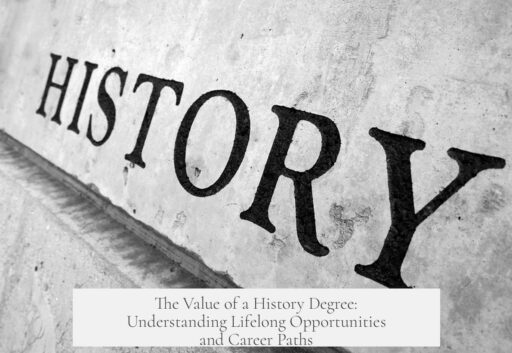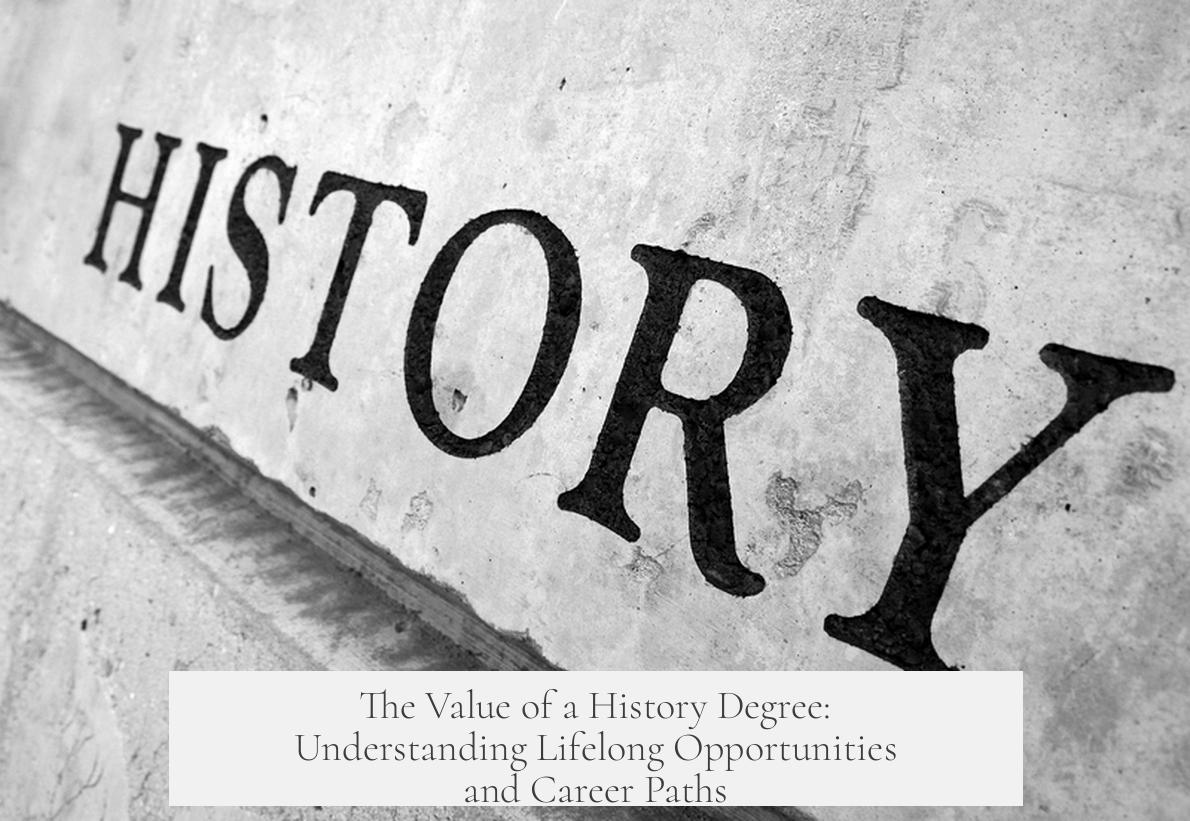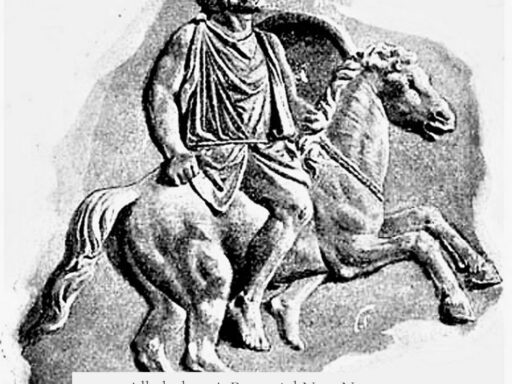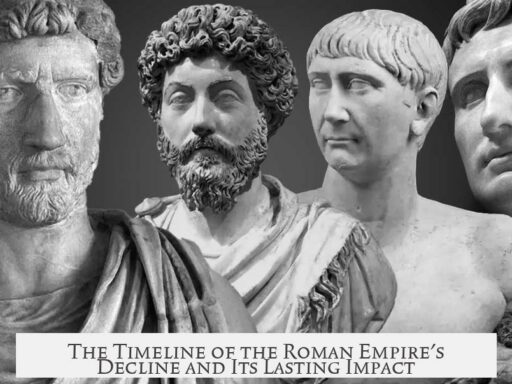A degree in History holds value in multiple ways, but its worth depends heavily on the context, additional qualifications, and career goals. It is generally respected within the Arts disciplines but does not directly guarantee a career in history-related fields without further study or experience.
History degrees are considered respectable, particularly in countries like Britain, where this major often ranks higher than other arts degrees such as media studies. Employers tend to value having a degree more than the specific subject studied, especially for entry-level positions. This means that holding a History degree can improve your chances of securing certain jobs, but those jobs might not always be related to history directly.
When comparing History to Science degrees, the latter often provides a broader range of job opportunities, including technical and specialized roles. A History degree, like other Arts degrees, has limited direct vocational application, often requiring graduates to pursue further education or develop complementary skills for better career prospects.
Direct job opportunities related strictly to History—such as becoming a professor, museum curator, or archivist—are limited and competitive. Many such roles demand additional credentials, notably a master’s degree or higher. For instance, museum positions typically require an MA in Museum Studies, Public History, or a related field. Similarly, academic positions normally require advanced degrees beyond the bachelor’s level.
Graduates in History often find careers outside traditional history roles. They bring transferable skills—critical thinking, research, writing, and communication—that appeal to employers in government, education, business, and technology sectors. Some history majors work in government agencies, foreign services, consulting, or investment banking. Others move into teaching or use their skills in cultural institutions abroad. Several history graduates transition into tech or management roles, proving versatility beyond the humanities. However, these pathways usually require conscious effort to gain relevant experience or additional qualifications.
Employers value the analytical and disciplinary skills developed during a history degree. Students learn to evaluate complex information, construct arguments, and communicate effectively. These abilities are increasingly sought after in a knowledge-driven economy. Success stories from top-tier universities highlight that having strong grades and extracurricular engagement in History can facilitate entry into prestigious jobs.
However, not all employers explicitly recognize these skills. Some graduates report that their critical thinking and writing capabilities go unnoticed among typical recruitment processes. Thus, excelling academically and supplementing studies with internships, volunteering, and practical projects is crucial. Building a resume with relevant experience improves chances significantly.
Combining History with other fields, such as languages, sciences, or fine arts, enhances employability. Double majors or minors provide practical skills and make candidates stand out in competitive job markets. Geographic location and alma mater also influence outcomes, with opportunities varying widely between urban and rural areas and between institutions.
For students considering a History degree, realism and planning are paramount. A history undergraduate degree alone rarely leads directly to a job in history without further steps. Prospective students should engage actively in the field, seek internships, and consider graduate studies if pursuing specialized careers. The degree’s intellectual enrichment and personal satisfaction are important factors, especially for those passionate about the subject.
| Aspect | Details |
|---|---|
| Degree Respect | High within Arts; more than media studies, less than Sciences |
| Direct Job Market | Limited without MA/PhD; museum and professor roles require advanced degrees |
| Transferable Skills | Critical thinking, writing, research, communication |
| Career Options | Government, education, consulting, tech, cultural institutions |
| Additional Steps | Internships, second degrees, extracurriculars for job readiness |
| Challenges | Low employer recognition of skills alone; value depends on effort |
| Advice | Double major/minor, gain work experience, realistic planning |
- A History degree is respected but often insufficient alone for specialized careers.
- Advanced degrees increase opportunities in academia and museums.
- Transferable skills support careers beyond history-related fields.
- Practical experience and extracurricular activities boost employability.
- Combining History with other disciplines enhances job prospects.
- Personal passion for History adds value beyond financial rewards.
- Success varies by institution, geography, and individual effort.



